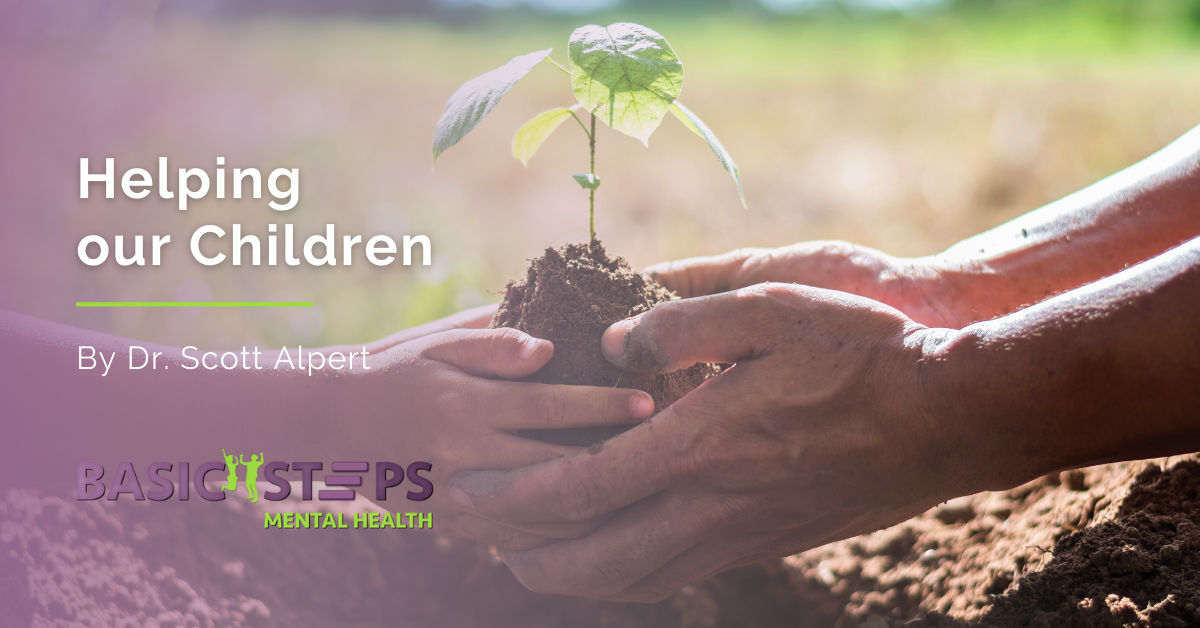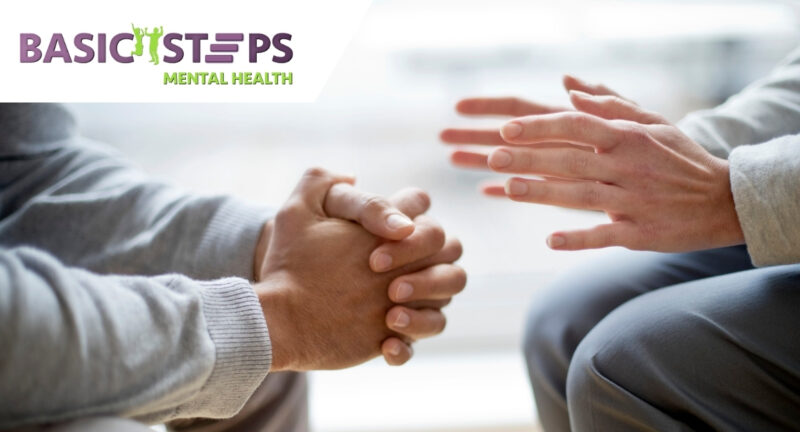
Helping our Children
The pandemic has wreaked havoc on our nation in many ways. Now the latest report is the devastation it has caused for our children. For a child to grow up normally, they need love and attention from their primary caregivers – usually their parents, they need to have fun, and they need their social needs met. Object Relations Theory states that all mental illness has its root in early childhood experiences – usually before age 10, and in today’s world of isolation and apparent mistrust, it has put our youth into a difficult situation and the results can be long lasting. What can we do to help the future of our country not only heal but thrive?
Developmental Process
Before age 8 our brain hasn’t wired therefore children lack the ability to process complex feelings. Our biggest misconception is that children have the same reasoning ability as us adults. It is important to remember that you went through a lot of years of reasoning but children lack this ability and tend to see things more concrete – “All anger is bad” or “I hurt mommy because I was bad.”
It is important to treat our children appropriately for their age stage. If they are very young, we need to treat them with love and play. It is easier for younger people to be involved with anything if it is fun anyway. I often ask parents to grow down and have fun with your child. There are many strategies for raising small children. Old school is, “Spare the rod, spoil the child.” This is when kids are hit if they make a mistake. This negativity actually separates children from their parents. To have a good working relationship with our children it needs to be founded on love. Take a breath when you get upset by the actions of your child, let go of your upset, and try to use the situation as a learning opportunity.
Support and Growth
To support their growth, praise your child for doing something right. Rewarded behaviors are usually repeated. This must be done genuinely. For many that can’t do this, then your work begins. Why are you so angry? What rule of yours did they violate? Is it possible to adjust your rules and bring them more into your current life? Just because our parents treated you a certain way doesn’t mean you have to blindly follow their lead. Question your rules. Communicate at times you would yell or hit. “But dad, why do I have to do this?” “Because I told you so.” This is old school. “Okay son, let’s talk about why you threw the ball at your sister.” This thoughtful response breeds intimacy. “Because I was angry with her.” “Why are you angry?” This helps you understand what is underneath their anger is hurt feelings and what feelings of theirs originally got hurt.
I remember raising my partner’s child who acted as most children do. You know, pile up the dishes, leave their stuff all over the place, have dirty and clean clothes all over the house – this was when I blew my fuse. My childhood and hers collided! I grew up in an organized house, where everything had to be put into its proper place all the time. I had to review my rules. Does everything have to be in its proper place all the time?
Communication
This was tough for me to let go of because this was my usual environment. I decided to just clean it up, swallowing my pride, but then got upset that I had become her personal maid. To include her in the process, I learned to communicate my desire for a clean and organized home and asked for her help. Then it hit me – I needed to make the process fun. So we made up the cleaning dishes song, the laundry song, and what used to be upsetting suddenly became fun! This helped with her homework as well. If she refused to do things on her own, I asked if we can work on it together, which usually led her to do things on her own. This especially was true when she was older and didn’t want me to touch her underwear.
When a child is shy with you and won’t communicate, I recommend side-by-side communication. Go for a walk or a drive together, it is less threatening. If you have a dog, ask them to take the dog for a walk with you. This strategy worked great when my girl was in high school. The walk tended to open her up and she would tell me about everything – the drug use from others, a suicide attempt, and which girls were sexually active. I felt honored and looked forward to our daily walks.
Therapy is very important for children because they learn to open up to another person that is neutral and won’t use what they say against them. I choose to treat the family however because I see problems embedded in the family system. If we grew up in a dysfunctional family, then we tend to have dysfunctional habits which tend to follow us throughout our life, unless we work on them. People that were abused tend to abuse others and the same thing goes with neglect.
Healing and Change
Inner Child work for parents is essential in ridding oneself of developmental problems. In learning how to be your own parent to yourself gives you a clue on how to address your own son or daughter. The interesting fact is people heal – and change.
In past articles, I have described opposite handwriting and opposite hand play. In doing these exercises with yourself it can be natural to involve your children in your own healing process. Draw pictures with your child, but use your opposite hand – allowing expression of your younger self. Toss a ball around with your opposite hand with them. Kick a ball with your opposite foot. Why not have some fun while you change the automatic responses that were programmed into you during your formative years? Going bowling is my all-time favorite.
This is the new psychology called Spiritual Psychology. It treats problems with love. Love heals and the more loving you can be with your children the more they will thrive. Think about it. Isn’t love what you want? Why not share it, especially with your children. If you don’t feel like you are in a loving place or can be then therapy is essential for you. There may be a lot of wounds in the way of you accessing your loving heart. Would you believe that this way of being started when you were young?
I hope this article has been of help.
Compassionate Care is Always Available
There are many more tools and strategies you can use in your pursuit of happiness. Here is where we come in. Contact us at Basic Steps Mental Health and let us support and educate you on this journey back to your loving heart center. Imagine living a heart-centered life, regardless of what is happening externally. We’d love to be of help.
For 25 years, Dr. Scott Alpert, the clinical director of Basic Steps Mental Health, has treated over 7,000 people with mental health and addiction problems, using a Psychological approach that mixes and matches ten of the top approaches used in the industry. We are here virtually and in-person to help you get through this COVID-19 pandemic and many other difficulties you may be experiencing.
May you have good mental health.
Related Posts
My Fondest Counseling Memory
28 years as a counselor has had its ups and downs. There were scary times at the...
Breaking an Addiction
Beyond all the theoretical approaches, the social support networks, the...




